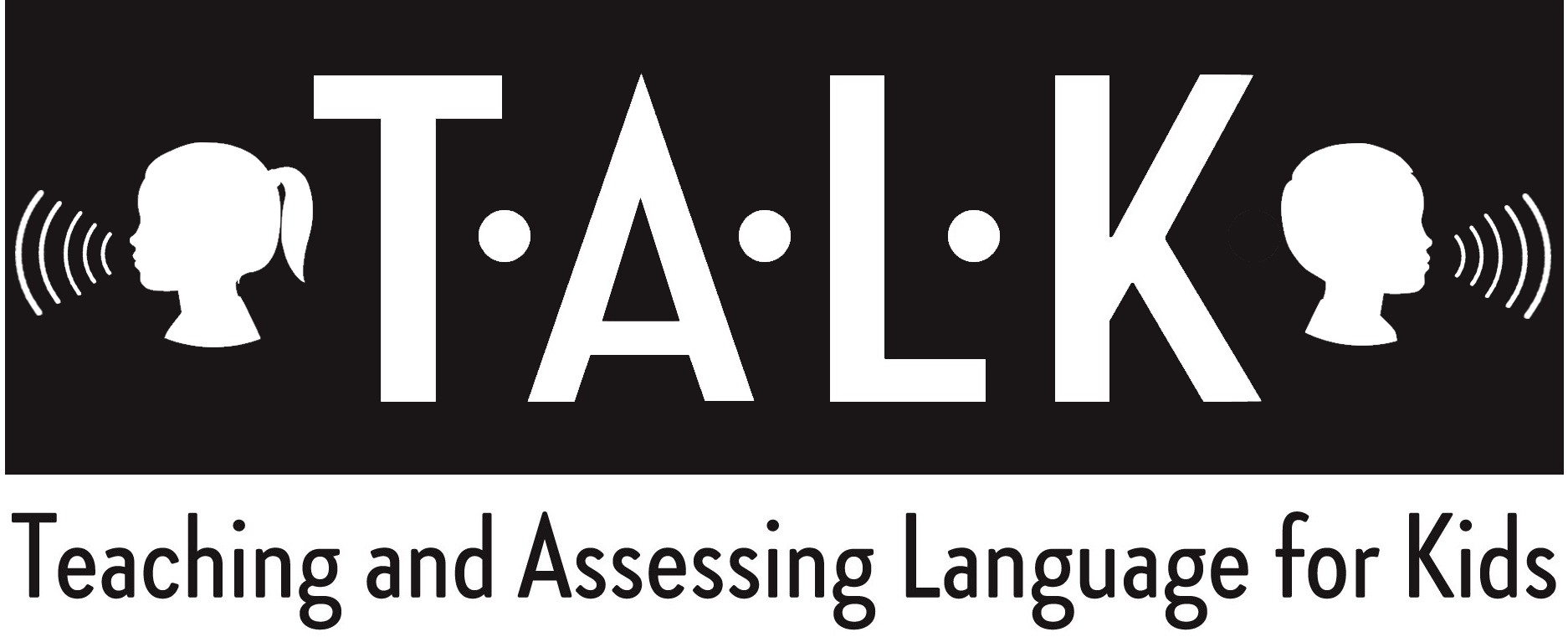Teletherapy
Teletherapy is providing speech therapy through a live video connection over the internet. Telepractice is speech language pathology services at a distance by connecting a therapist to a client for assessment, intervention, and consultation. American Speech and Hearing Association (ASHA) supports telepractice because it provides clients more opportunities to receive speech and language services. TALK understands that teletherapy is new to some, but it is not a new method of effective service delivery for speech and language for clients with a variety of ages, language levels, and diagnoses Research shows that it can be just as effective and in-person 1:1 therapy.
Having the appropriate space is a crucial component for successful teletherapy sessions. Preparing dedicated space in the house as a “therapy space.” This can be any space with room to work and store materials that will not be disrupted during therapy. Eliminate background noise and distractions in your environment such as external noise (playing siblings, conversations, TV, animals, music, etc.) that will interfere with the session. There should be two chairs at the table, a child-sized one for your child and a child or adult-sized one for any helper who will sit with them for the duration of the session. Having materials readily available will also help in aiding successful teletherapy sessions. Organize books, learning materials, handouts, in the learning space; If possible, have a bin or organizational system set up just for TALK therapy. Have some sensory materials readily available for your child (e.g., squeezy balls, playdoh, etc.)
Many of our TALK clients have benefited tremendously from teletherapy. Some of our clients who have behavior challenges during in-person sessions are demonstrating significantly decreased or display no negative behaviors. Clients are being supported by their TALK therapist and their adult at home and are making progress in their speech and language objectives. Sometimes teletherapy involves parent coaching. TALK therapists provide suggestions and tips for facilitating the most effective speech and language sessions at home. Parent coaching involves providing appropriate praise and encouragement throughout the sessions and providing reinforcement to ensure attention throughout the session. Teletherapy is a great way to involve parents and caregivers in the intervention.
